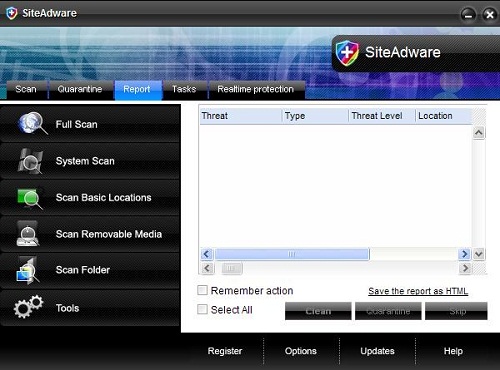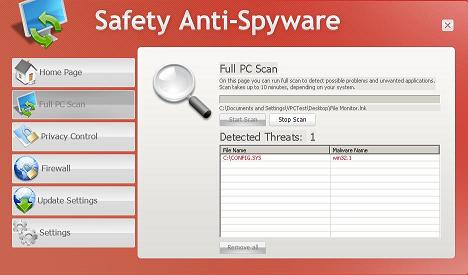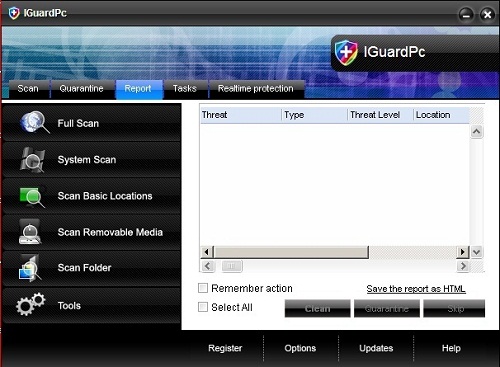You may have heard that Facebook recently made some changes relating to privacy. As a measure to keep up with micro blogging sites, such as Twitter, Facebook has now changed its privacy settings to encourage additional sharing. This means that you can control who sees every post you share. The intent for this change is also to make privacy settings more simple and easy to understand.
On December 16th the UN Climate Change Conference will take place in Copenhagen.
Since 2007, Earth Hour has gained worldwide support for positive action against global warming. It all began with 2.2 million people in one city using their light switches to have their say. By March 2009, hundreds of millions of people in over 4,000 cities on 88 countries officially switched off to vote for Earth.
A new cloned application from the WiniGuard family of rogues has now been released. This one is called SiteAdware.

Remember the past press (and panic) about Conficker? If you didn’t see all of the headlines this spring (although it was especially hard to miss in April – the time of its supposed activation date), Conficker, also known as Downup, Downadup and Kido, is a worm that originally surfaced in the end of 2008, when it began exploiting a vulnerability in Microsoft Windows. Infected machines become part of a botnet which, theoretically, can be used for anything from propagating spam to denial of service attacks to pushing rogue anti-malware applications.
SafetyAntispyware is a new rogue anti-spyware application. However, the functionality follows the same pattern as other rogues.


The UK is the first country in the world to introduce mandatory Internet security lessons for kids.
The concept matches that from the 70s with the "Stop, look, listen" mantra of road safety. Only this time it will be more like "Zip it, block it, flag it".
We’ve already seen a high amount of bad online behavior taking advantage of the H1N1, or swine flu, outbreak in the past few months. Early this spring, cyber scammers were quick to capitalize on swine flu fears to infect computers, steal personal information, and make profits. After all, from the cyber criminals' perspective, the topic has all the right characteristics needed to pull off an online scam: a global nature, a hot media-hyped issue, and high levels of curiosity and concern by the general public.
It’s not easy making sense of the Internet security landscape; online threats are constantly changing, as cyber thieves adapt their techniques to get ahold of your valuable private information.
As you may have seen, Lavasoft recently announced the launch of a new reference tool to combat rogues - The Rogue Gallery - giving users like you a way to easily identify what security programs are rogue, or fake.







